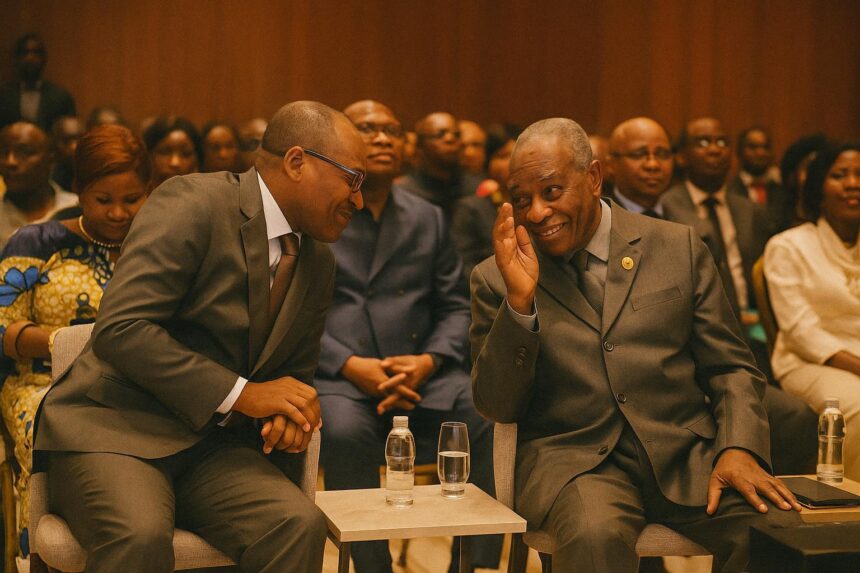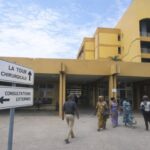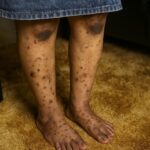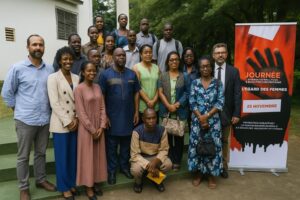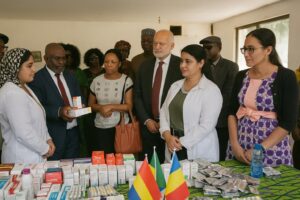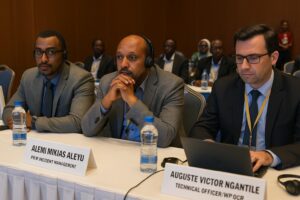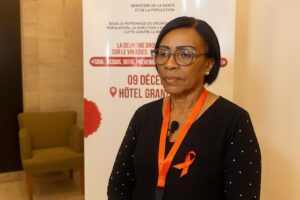Strategic Conclave Opens in Brazzaville
For three days the marble halls of the Ministry of Health in Brazzaville have reverberated with the measured cadence of policy debate. The second ordinary session of the National Health Council, a body created four decades ago to steer public health priorities, gathered ministers, parliamentarians, multilateral donors and civil-society observers in a rare multisectoral configuration.
Presiding over the assembly, Health Minister Jean Rosaire Ibara framed the moment as a collective stock-taking exercise, arguing that solid governance must underpin the country’s aspiration to universal health coverage. The presence of the World Health Organization’s resident representative, Dr Vincent Dossou Sodjinou, lent additional diplomatic gravitas and signalled the meeting’s alignment with continental and global health agendas.
Budget Arithmetic and Abuja Benchmarks
Participants quickly confronted a familiar arithmetic: the national allocation to health hovers at 4.2 percent of public expenditure, far below the 15 percent endorsed by African heads of state in Abuja in 2001 (African Union data 2023). Minister Ibara acknowledged that the fiscal envelope is constrained by competing development needs yet insisted that incremental increases remain feasible within the next medium-term expenditure framework.
Economists from the Ministry of Finance underscored that domestic mobilisation alone cannot close the gap. They pointed to volatility in hydrocarbon revenues and to the ripple effects of global monetary tightening, which together pressure treasury liquidity and complicate forward planning. Their intervention opened the floor to less traditional sources of funding.
Innovative Finance: From Sin Taxes to CSR
Consensus is emerging around a diversified portfolio that blends budgetary resources with innovative streams. Officials explored earmarking a fraction of excise duties on tobacco, alcohol and sugary drinks for preventive programmes, a practice already piloted in several West African neighbours (WHO Fiscal Measures Report 2022).
Corporate representatives, for their part, floated the expansion of corporate social responsibility envelopes toward rural clinics, while development finance institutions highlighted public-private partnerships structured to keep recurrent costs onshore and leverage concessional debt for capital expenditure. The Minister characterised these avenues as complementary rather than alternative, stressing state stewardship over any arrangement.
Workforce Incentives Beyond the Capital
No discussion of governance would be complete without addressing the country’s human-resource imbalance. More than half of Congo’s physicians practise in Brazzaville or Pointe-Noire, leaving vast hinterlands underserved (Ministry of Health Statistical Yearbook 2023). The Council revisited incentive packages that combine hardship allowances, housing guarantees and accelerated career tracks for professionals accepting rural postings.
Delegates cited the commissioning of two general hospitals—one in each major city—and of 18 integrated health centres in remote districts as tangible progress. Yet they conceded that bricks and mortar are insufficient without a stable cadre of clinicians, midwives and biomedical technicians. In that regard, the partnership negotiations with regional medical schools to facilitate rotations in Congo’s interior were welcomed as a pragmatic interim step.
Tackling the Twin Epidemics
The epidemiological profile of the Republic of Congo is undergoing a quiet but profound transition. Communicable diseases such as malaria, tuberculosis and HIV continue to absorb a large share of programmatic funds, even as non-communicable conditions creep upward and now account for nearly 45 percent of recorded mortality (WHO Country Cooperation Strategy 2023).
Experts urged the Council to avoid a zero-sum allocation mindset. They advocated integrated service delivery models where screening for hypertension or diabetes can occur alongside routine immunisation, thereby maximising scarce human resources while reinforcing community trust. The suggestion dovetails with regional conversations on primary-health-care revitalisation and could position Congo as a pilot site for blended disease management.
Governance, Partners and the Road Ahead
The Council’s draft communiqué commits to revising the 1984 decree that defines its mandate, an update expected to formalise the inclusion of civil-society voices and codify periodic performance reviews. According to senior officials, such recalibration will not only modernise the governance architecture but also enhance transparency and attract external financing aligned with national priorities.
Looking forward, delegates emphasised that durable progress depends on sustained political will at the highest level. President Denis Sassou Nguesso’s repeated references to health as a ‘strategic investment, not a cost’ were quoted as evidence of that commitment. As resolutions move from plenary approval to implementation, the coming fiscal cycles will test whether the calculus unveiled in Brazzaville can indeed translate into a healthier and more equitable Republic of Congo.

